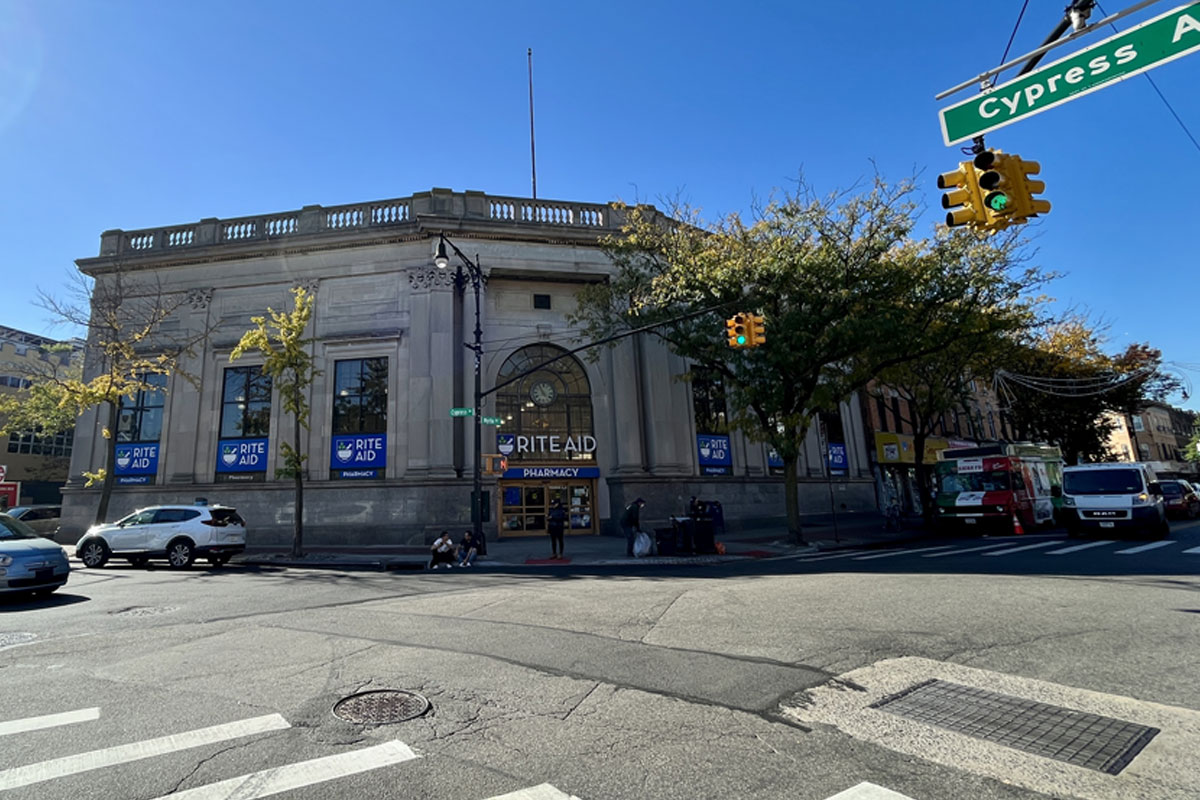Mayor Zohran Mamdani’s newly appointed tenant advocate called to “seize private property” and blasted homeownership as a “weapon of white supremacy” in a series of pro-Communist social media posts.
Cea Weaver, Mamdani’s new director of the city Office to Protect Tenants, made the statements and urged her followers to elect more Communists in several lecturing posts on her now-deleted X account that were unearthed by internet sleuths.
“Seize private property!” she said on June 13, 2018.
She later doubled down on that in a mini-manifesto in August 2019.
“Private property including any kind of ESPECIALLY homeownership is a weapon of white supremacy,” she said then.
Weaver also pushed to “Elect more communists” in December 2017 — when a Harlem street corner was being renamed in honor of former Manhattan Rep. Vito Marcantonio, who was a Communist.
She also unloaded on law enforcement in a May 2020 rant that came during the furor over the death of George Floyd.
“Private property including any kind of ESPECIALLY homeownership is a weapon of white supremacy,” she said then.
Without landlords how to do you build and maintain housing? You think the government is going to do it? Look at NYCHA [New York City Housing Authority complexes],” said Humberto Lopes, founder and CEO of the Gotham Housing Alliance.
“You put a system in place to destroy landlords. Why are you s–tting on us?,” he said.
Mamdani wants to freeze the rent on 1 million rent-regulated apartments — a move that would need signoff from the Rent Guidelines Board.
Mayor Zohran Mamdani is facing the first major crisis of his week-old administration as his newly appointed tenant advocate’s radical views were exposed — including once branding homeownership a “weapon of white supremacy” and calling on the government to “seize private property.”
The series of past inflammatory social media posts by longtime housing activist Cea Weaver — Mamdani’s director of the Mayor’s Office to Protect Tenants — unearthed this week sparked outrage and a warning from the Trump administration.
Assistant Attorney General for Civil Rights at the Department of Justice Harmeet Dhillon said the feds would be on alert for any potential violations tied to the Democratic Socialists of America member’s extreme views.
“We will NOT tolerate discrimination based on skin color,” Dhillon said in a Tuesday post on X. “It is ILLEGAL. [DOJ Civil Rights Division] is paying very close attention.”
Dhillon, in an interview with One America News, added that city government “should be on notice, they’re on high scrutiny.”
“We have several federal statutes that explicitly protect people of all colors and all different kinds of backgrounds and military status and so forth from the exact kind of land grabs and reallocation and redistribution that is being promised in New York,” she told the outlet.
Mamdani indicated Tuesday he was sticking by his DSA ally.
“We made the decision to have Cea Weaver serve as our executive director for the mayor’s office to protect tenants, to build on the work that she has done to protect tenants across the city, and we were already seeing the results of that work,” he told reporters following an unrelated news conference.
It's very interesting that Mayor Mamdani insists on keeping Weaver with her history of inflammatory and ignorant tweets equating white supremacy and owning a house (maybe she should visit Jamaica, South Jamaica, Canarsie, Brownsville, Springfield Gardens or even South Richmond Hill to name a few) yet he sacked his director of operations for her John Rocker style racist tweets on riding the A train to Far Rockaway where Jewish people live.
Looks like Mamdani is emulating his hero Bill De Blasio with the same kind of defiant hypocrisy he exhibited for 8 years. The dope from Park Slope has been succeeded by the Asswipe from Astoria.








